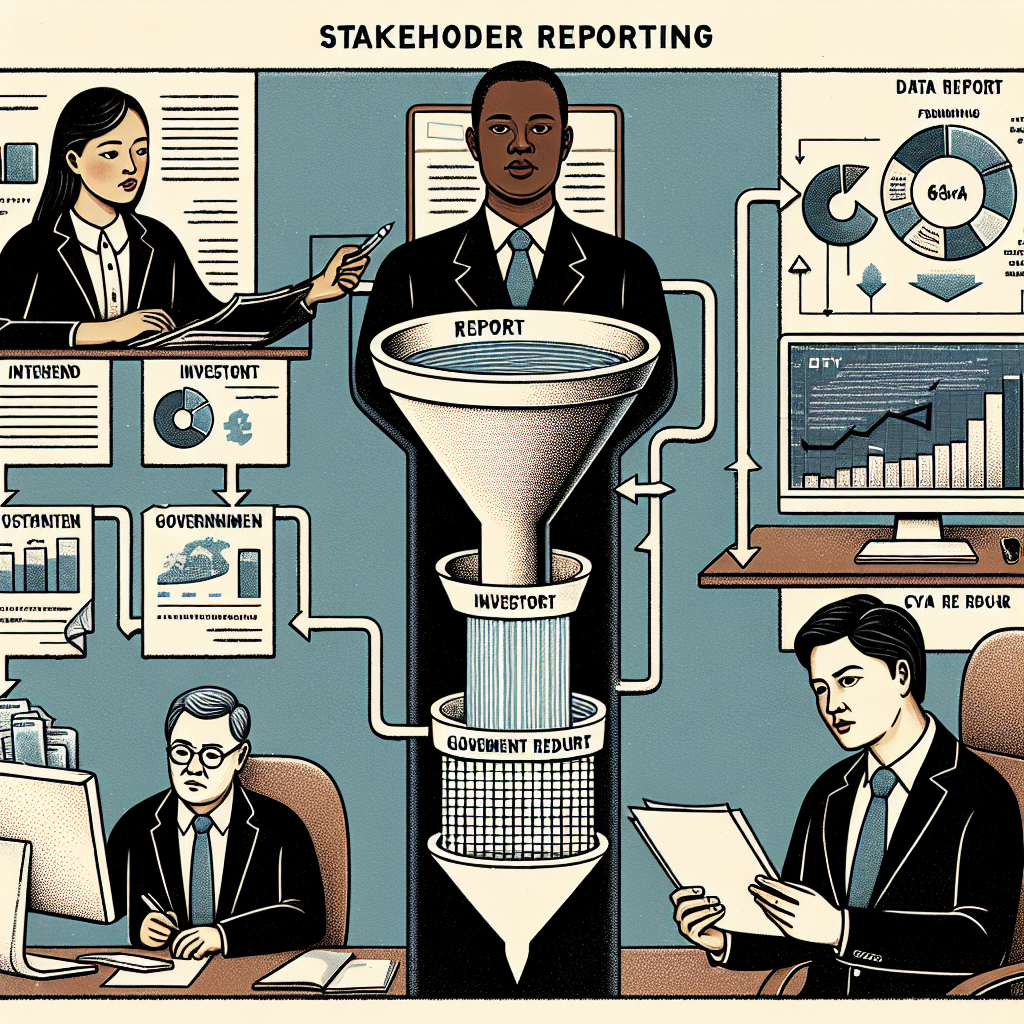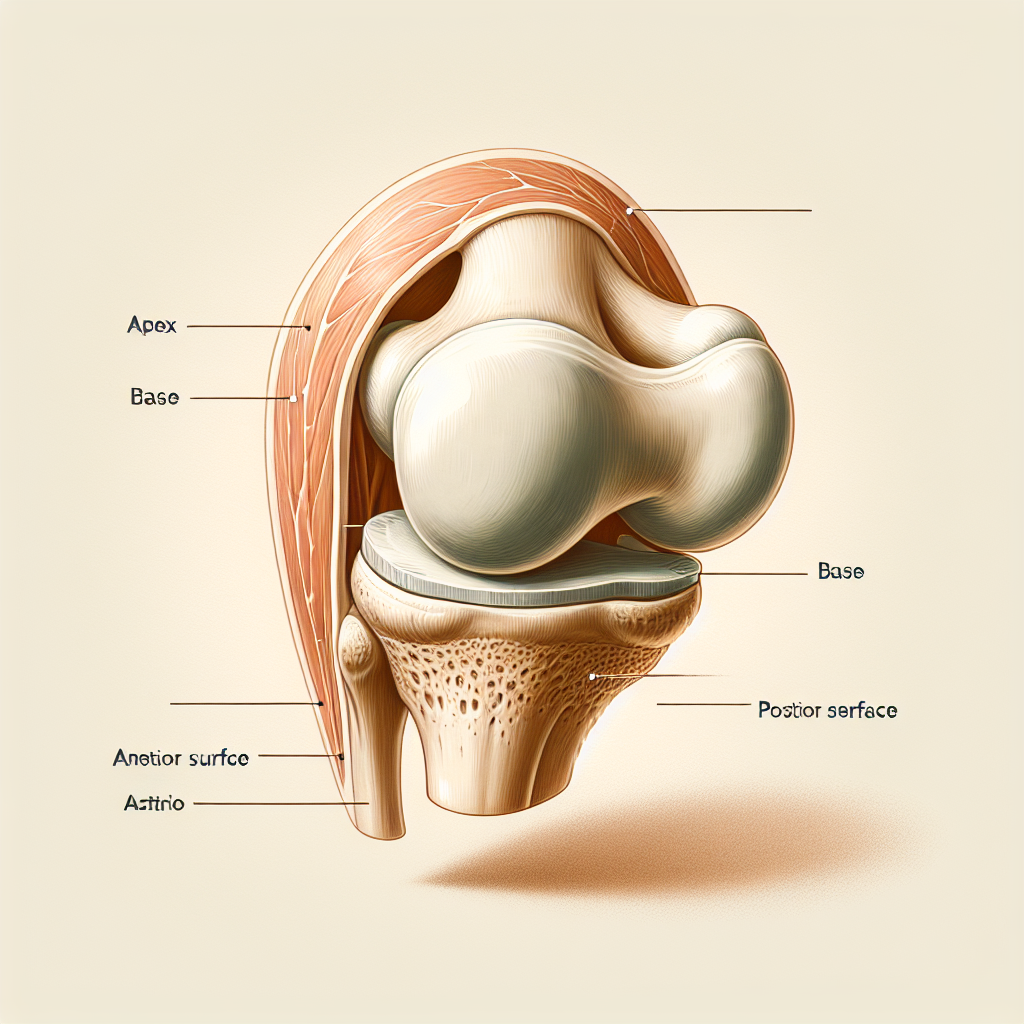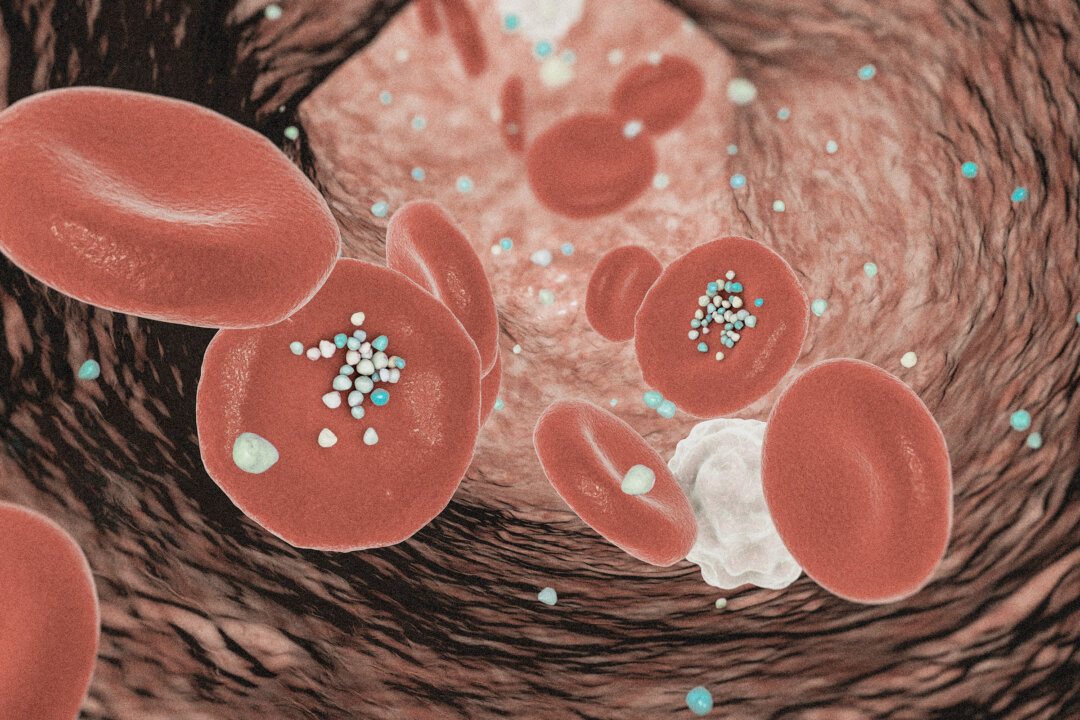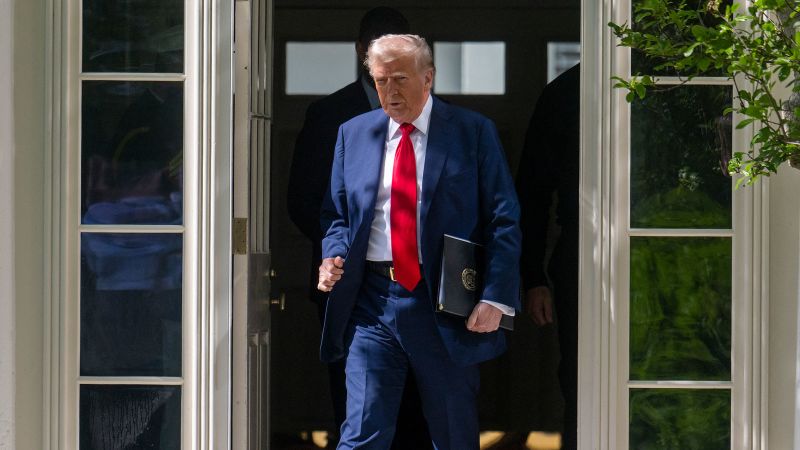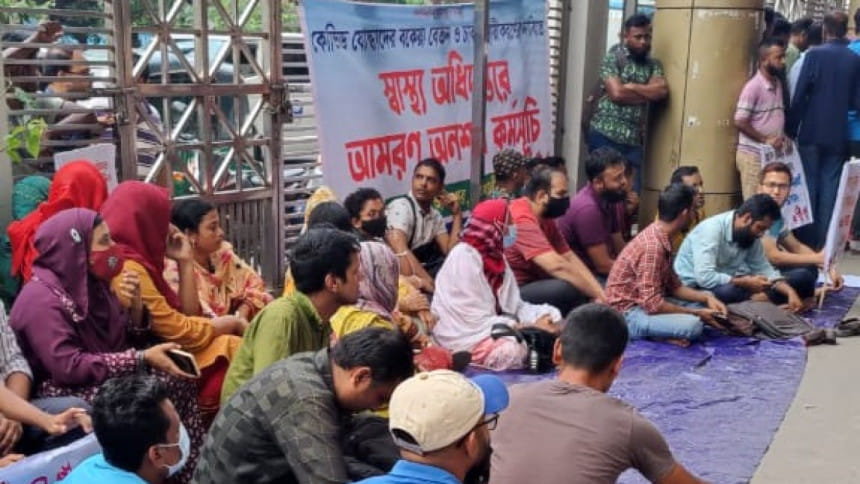Unlike other parties on the federal ballot, the Green Party candidates in Ottawa weren’t expecting any major wins in this election. Rather, local candidates see it as the beginning of a long, uphill battle. “We just have to bide our time and build our capacity,” said Ottawa South candidate Nira Dookeran.
“Nobody’s crestfallen. Nobody was expecting to have any wins.” But that didn’t dull their spirits.

After finding out party co-leader Elizabeth May held onto her seat in British Columbia to put the Greens on the board, five Ottawa Green candidates and their supporters at the Riverside Pub erupted into enthusiastic applause. May’s seat would turn out to be the Greens’ only victory, after incumbent Mike Morrice lost the Kitchener-Centre riding to the Conservatives by fewer than 500 votes. Party co-leader Jonathan Pedneault also failed to win his seat in Outremont.
The Green candidates placed fourth in each of Ottawa’s eight ridings, earning at best two per cent of the vote share. But after winning only one seat, the Green Party is losing the momentum it gained in 2011 when May became the first elected Green MP after unseating the Conservative candidate in the Saanich-Gulf Islands riding. The Greens earned 1.
2 of the popular vote with nearly 97 per cent of the votes counted, compared to 2.3 per cent in 2019. In 2019, the party expanded to three seats and received more than one million votes for the first time.
But in 2021, the party fell to two seats and received 2.3 per cent of the popular vote — approximately one-third of what it won in 2019. With affordability issues and threats to Canadian sovereignty being the main ballot questions in this election, local Green candidates believe their climate-focused platform was sidelined in favour of bigger national priorities.
“When people think Green, they think of the environment, and if you ask people what their priorities are right now, they will say the economy or trade or immigration is on their mind, but not the environment,” said Ottawa West-Nepean Green candidate Prashanta Dhakal. Orléans Green candidate Jaycob Jacques said the environment was not a significant talking point in any of the local debates he participated in during the campaign. “I brought it up a lot, but it doesn’t negate the fact that there were no questions asked and it wasn’t part of the debate,” he said.
“Citizens weren’t emailing us asking about what we are doing on the climate. It just wasn’t as omnipresent as it was in 2019.” Dookeran said the Green Party’s exclusion from both national debates was the “hardest blow for the campaign” as it didn’t give the party’s new co-leader the chance to join the national conversation.
“That was a huge loss for us because we do have this dynamic young leader, and the youth vote turnout since 2016 has been very low,” Dookeran said. “Jonathan would have had a lot of younger people who were otherwise turned off (voting).” Heading into the next four years, Jacques said the Green Party will be doing “a lot of soul-searching” as it looks to refine its messaging and search for the best-equipped leader.
“When our priorities stop being focused on what’s happening outside of the country ...
and we start looking back inwards, climate is going to be back on the agenda,” Jacques said. “It will be interesting to see what comes out of the woodwork.”.
Health

‘Nobody’s crestfallen’: Greens fail to win an Ottawa seat, but stay optimistic

Green Party candidates had a glass-half-full outlook election night. Despite only winning one seat nationally, they see a bright future.




